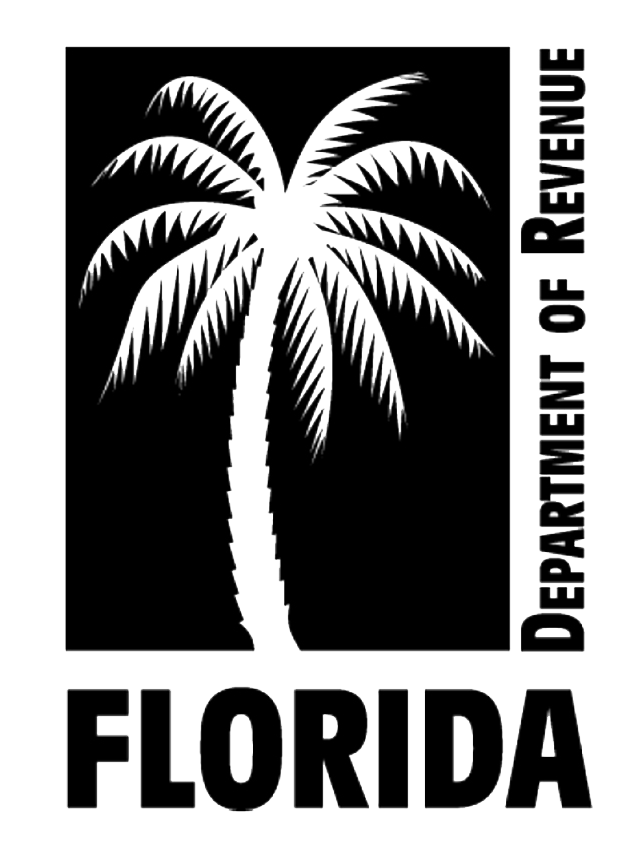 An exemption from Florida sales and use tax is granted to certain nonprofit organizations that meet the criteria described in the Florida Statutes. To be entitled to the exemption, nonprofit organizations must obtain a sales tax exemption certificate (Form DR-14, Consumer’s Certificate of Exemption) from the Florida Department of Revenue. Organizations must complete and submit an initial application along with required supporting documentation in order to receive a certificate, which is valid for five years.
An exemption from Florida sales and use tax is granted to certain nonprofit organizations that meet the criteria described in the Florida Statutes. To be entitled to the exemption, nonprofit organizations must obtain a sales tax exemption certificate (Form DR-14, Consumer’s Certificate of Exemption) from the Florida Department of Revenue. Organizations must complete and submit an initial application along with required supporting documentation in order to receive a certificate, which is valid for five years.
Historically, organizations have been required to submit a renewal application to the Department at the end of the five-year period in order to receive a new sales tax exemption certificate. However, the Florida Department of Revenue recently issued a Tax Information Publication regarding a new process for Florida sales tax exemption certificate renewals that is effective immediately. Under this new process, holders of exemption certificates no longer need to reapply for a new certificate every five years. Instead, the Department will now automatically review each exemption certificate at least 60 days before the current certificate expires.
For those nonprofit organizations located in Florida, the Department will use “available public information” to determine whether an organization continues to qualify for a sales tax exemption certificate. If, based on this review, the Department determines that an organization continues to meet the statutory exemption criteria, a new exemption certificate will be issued. If additional information is needed, a letter requesting documentation will be mailed to the organization. For organizations located outside of Florida that hold Florida sales tax exemption certificates, the Department will mail a letter inquiring as to whether the organization wishes to have their certificate renewed and will provide a list of documentation needed for the renewal. If the organization fails to respond to the written requests for information or documentation or the Department is unable to confirm that the organization continues to qualify for exemption, a written notice denying the renewal of the exemption certificate will be mailed to the organization.
Department representatives have indicated that the Department will be reviewing the IRS’s Exempt Organization Select Check search feature available on the IRS website as a part of its review of available public information. While it is not clear what other types of available public information will be considered by the Department, nonprofit leaders should assume that the Department will view an organization’s website. Tax authorities increasingly use the information on nonprofit organizations’ websites in evaluating their activities and eligibility for exemption.
For organizations whose exemption certificates are renewed by the Department, it is very important to verify the category of exemption indicated on the renewed exemption certificate to ensure that the exemption category matches that of the prior certificate and that it is the most appropriate category for the organization. Different exemption privileges apply to different categories of exemption. For example, Florida has an exemption category for 501(c)(3) organizations and a separate exemption category for religious institutions with established physical places of worship. While a church could qualify for either of these categories, religious institutions with established physical places of worship are generally exempt from the requirement to collect and remit Florida sales tax on items they sell. Organizations in the broader 501(c)(3) category do not have such an exemption with respect to items they sell.
If your organization would like assistance in addressing any of the matters described in this Special Alert, please let us know. We will be glad to help.
